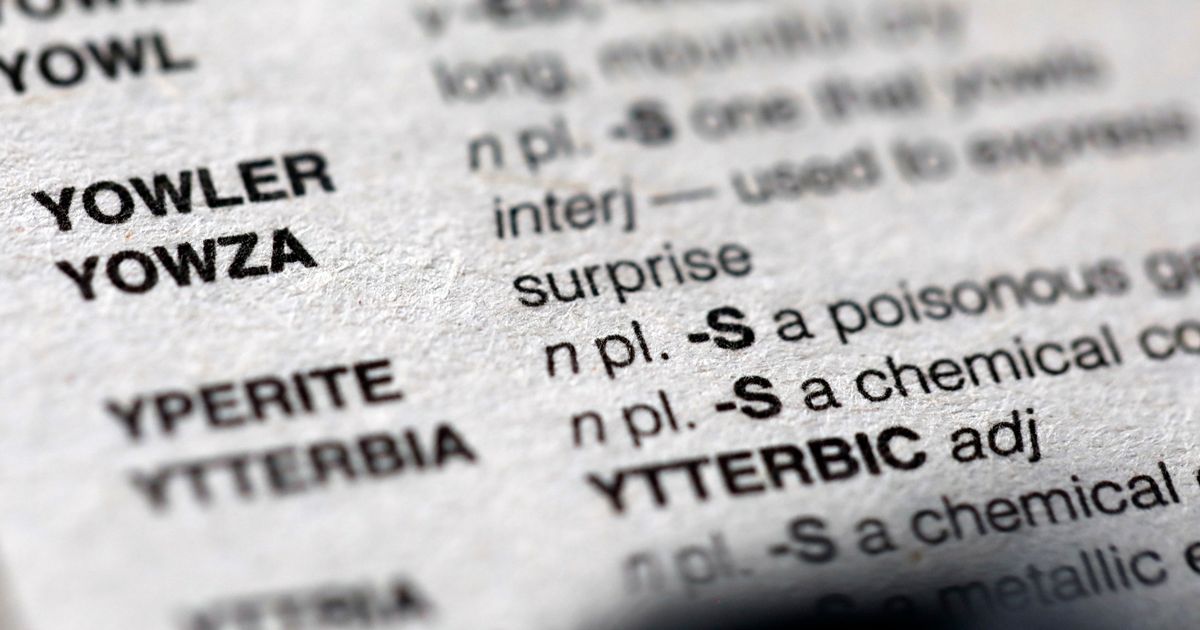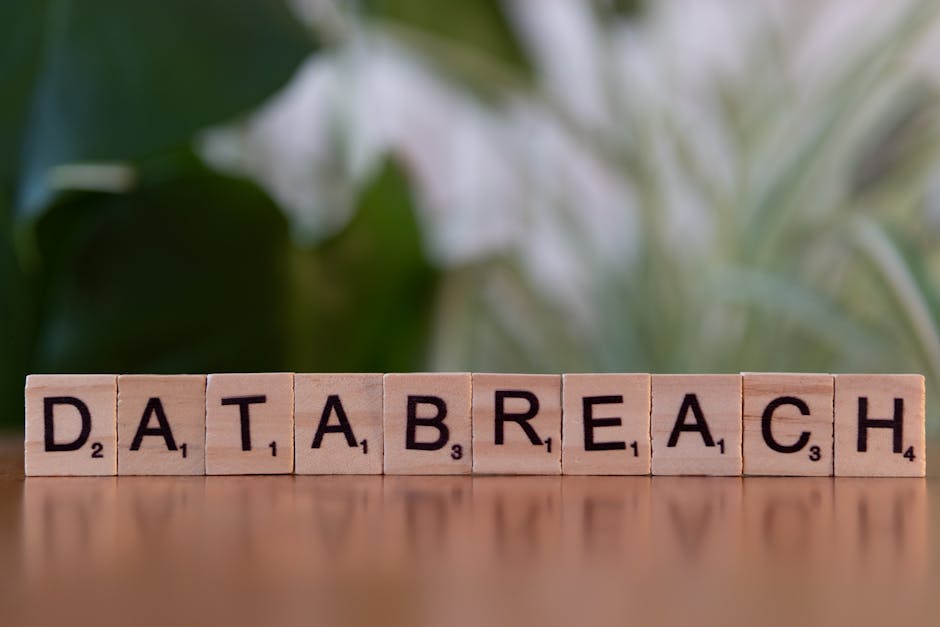
The evolution of the English language continues as the Cambridge Dictionary adds over 6,000 new words this year, marking a clear influence of internet culture, societal changes, and remote work on how we communicate. Among the latest additions are popular slang terms such as “skibidi”, “delulu”, and “tradwife.”
The Rise of Internet Slang in Everyday Vocabulary
The inclusion of these words highlights how social media trends and online communities are reshaping our lexicon. A standout addition is “skibidi”, a playful nonsense term famously linked to the viral YouTube series ‘Skibidi Toilet.’ The dictionary defines it as a term with multiple interpretations, ranging from describing something “cool” or “bad” to functioning as a humorous filler with no real meaning. For instance, one might exclaim, “What the skibidi are you doing?”—a phrase sure to draw attention in any conversation.
Another entry, “delulu”, humorously compresses the word “delusional” to describe someone who chooses to believe things far removed from reality. Social media has propelled such terms with memes and relatable scenarios gaining traction on platforms like TikTok and Instagram.
Words Reflecting Technology and Work-From-Home Culture
As remote work becomes a staple of modern life, new terms capturing its quirks have emerged. Take the addition of “mouse jiggler”, defined as a device that moves a computer mouse intermittently to simulate user activity during virtual work hours. This term mirrors the blending of professionalism with personal ease, much like the cozy work-from-home wardrobes popularized during the pandemic.
Composite Words Shaping Discourse
The Cambridge Dictionary also reflects a rise in composite words, formed by combining distinct terms to describe cultural phenomena. For example, “broligarchy”—a combination of “bro” and “oligarchy”—captures the perceived power and influence of tech moguls like Elon Musk, Jeff Bezos, and Mark Zuckerberg. Another example is “tradwife”, shorthand for “traditional wife,” referring to a modern revival of women embracing 1950s domestic roles. Though controversial, the term represents a noticeable trend in certain online communities pushing back against progressive feminism.
The Digital Age’s Lasting Impact
Lexical Program Manager Colin McIntosh commented on the recent additions, sharing: “Internet culture is changing the English language, and the effect is fascinating to observe and document.” Words like “ensh*ttification”—describing how platforms deteriorate as they prioritize profit over user experience—and “omnishambles”, a chaotic blend of “omni” (all) and “shambles,” underscore the role of pop culture and media in introducing creative yet reflective language.
Stay Ahead of Language Trends
Language enthusiasts and professionals alike should keep tabs on these updates, as our vocabulary continues to mirror societal and technological transformations. For curious learners, explore the latest slang and their meanings by visiting the official Cambridge Dictionary site. And if you’re working from home, consider checking out this mouse jiggler on Amazon to lighten your virtual workday!






